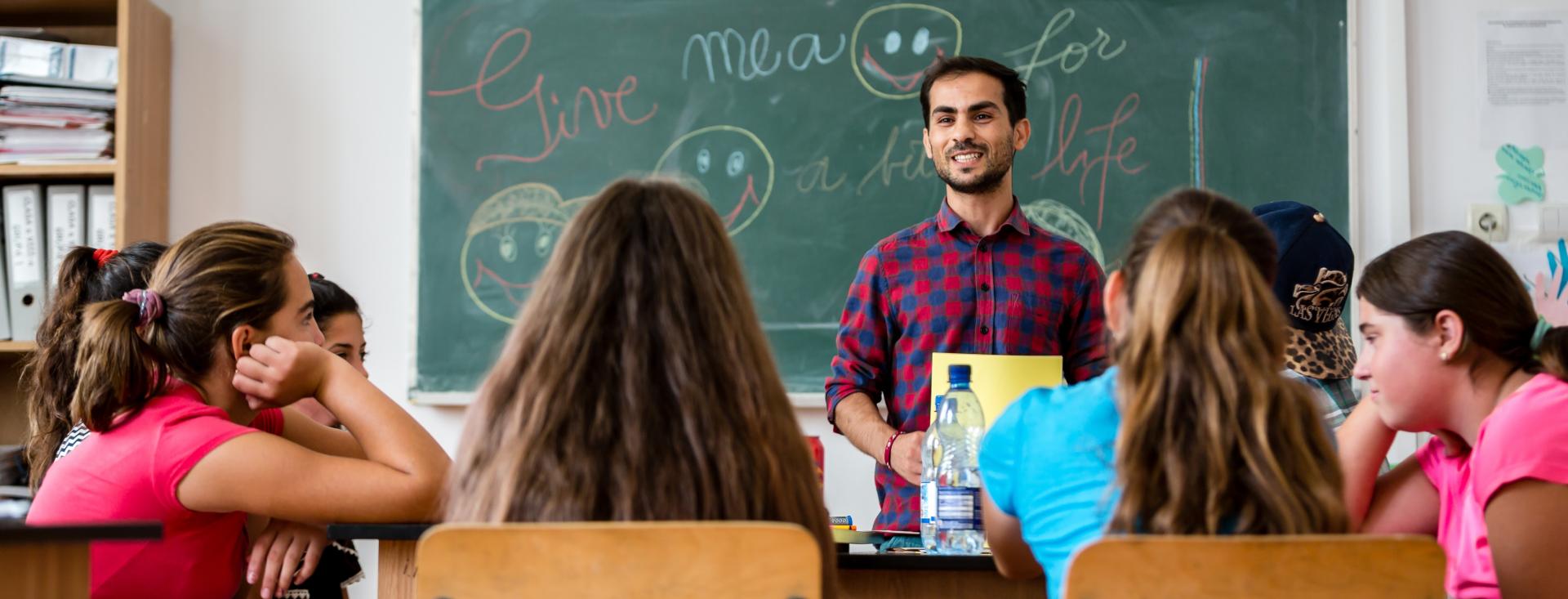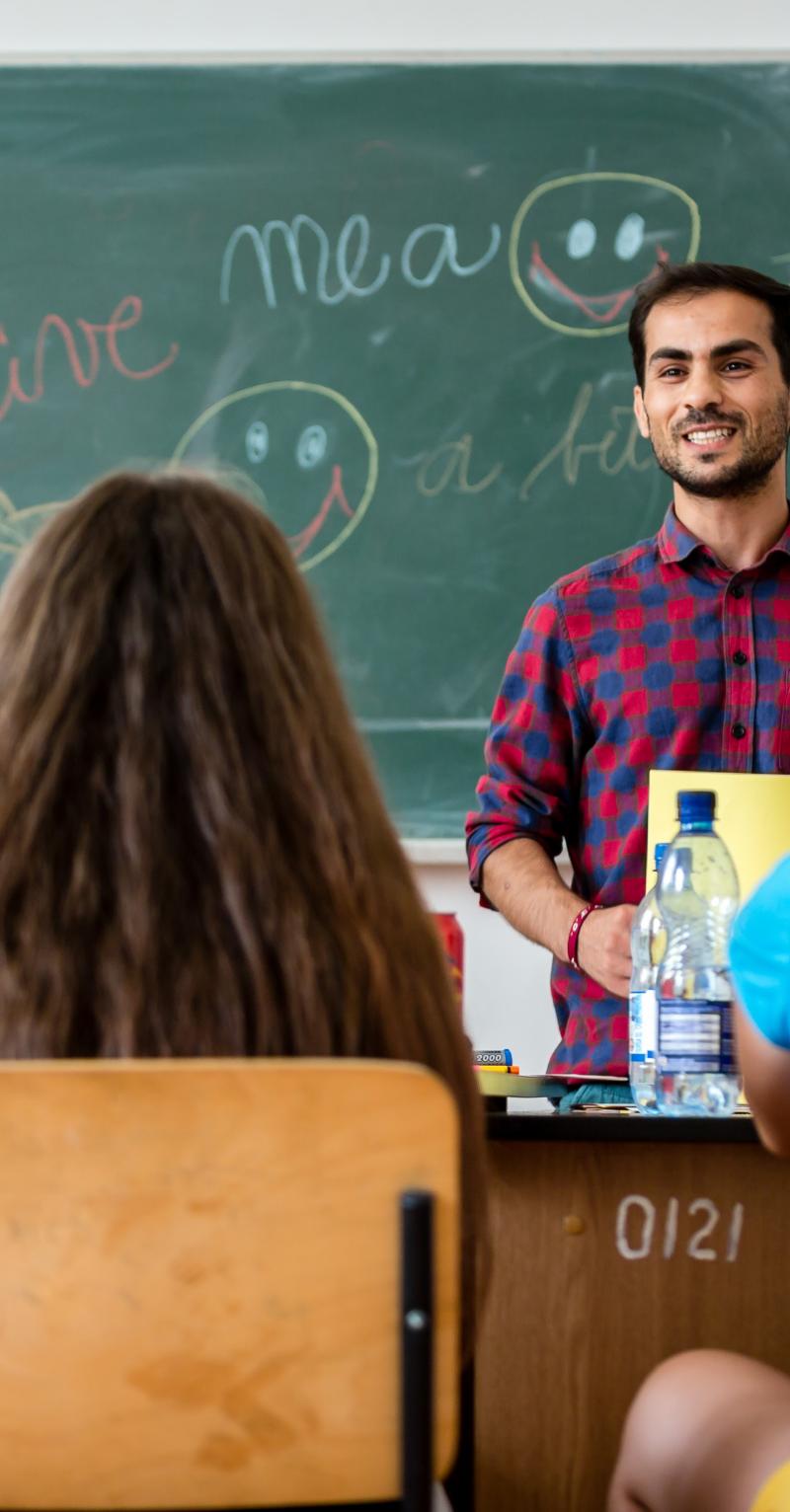
Climate Education
Teach The Future Campaign
Teach the Future is an inclusive campaign by secondary and tertiary education students to improve education on the climate emergency and ecological crisis in the UK. The group has reviewed and provided suggested changes in the UK curriculum where cli...
TACL
Habilitadores e Inhibidores - Nuestro Trabajo como Sistémico
Ninguna persona tiene una visión constante de esta lente. En este ejercicio reflexivo, podrás averiguar qué nos permite ver nuestro trabajo como sistémico.
TACL
Polarités - La communauté comme pouvoir
Dans cet exercice, nous tentons de nous situer sur une échelle de points de vue concernant l’angle d’approche La communauté comme pouvoir, et réfléchissons aux autres « échelles » de points de vue qui sont liées à cet angle d’approche.
Education in Emergencies
Human Rights in Secondary School
This resource has seven lesson plans to help children ages 11-18 explore human rights, either as stand-alone lessons or for themed days across the whole school. Topics include freedom of expression, refugees and asylum, and taking action.
TACL
Agents of Change: Building a Vision for Mexico
A nation with tremendous potential to expand and improve educational opportunities for its youth, Mexico also faces a diverse range of challenges. In this video from 2014, Enseña Por México's former CEO, Erik Ramírez Ruiz, shares the importance of em...



